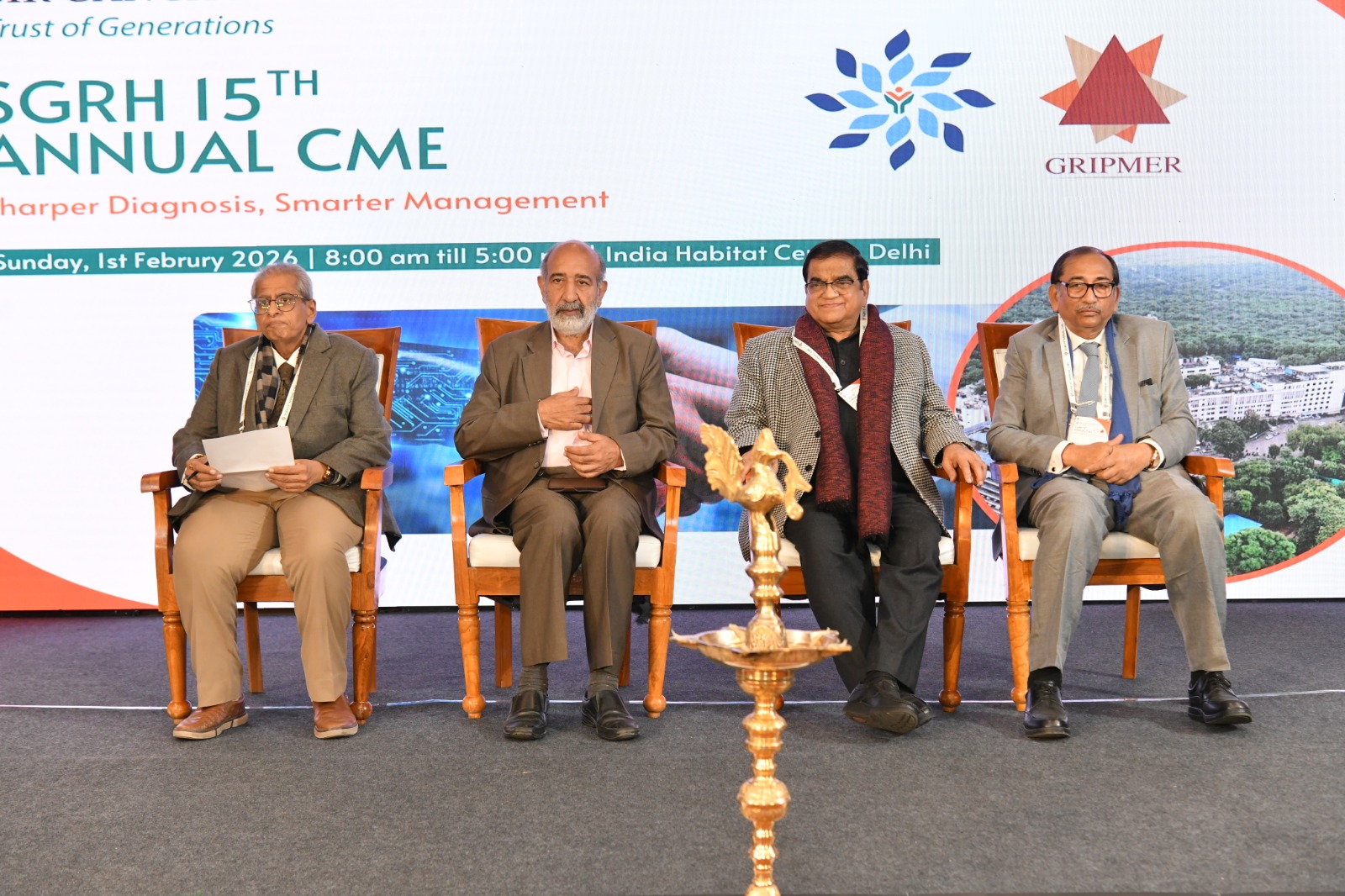NEW DELHI: Taking cue from the Johnson & Johnson faulty hip implants case which left patients in India in physical and financial distress, the health ministry is planning an independent registry to track use of medical devices considered to have a higher risk of complications or complaints.
Once the registry is in place, hospitals and doctors conducting surgeries involving high-end medical devices like orthopedic implants and stents will have to mandatorily report data related to the implant and its manufacturer along with side-effects and any adverse events reported by patients post-surgery.
If a significant number of concerns are reported with regard to a particular product, the regulator will evaluate the data and even order an immediate recall of the product if required. In case the effects are not very severe, the regulator can issue an alert or a warning on usage. These warnings can be on product packages or even in the form of advisories to hospitals and doctors.
The move follows recommendations of a government committee, under former dean of Maulana Azad Medical College Dr Arun K Agarwal, which examined complaints regarding replacement surgeries using the J&J hip implants. “Provisions may be introduced under the law for a legal backing for issuing alerts and warnings to the manufacturer,” the committee said in its report.
“This will not only help save many patients from suffering adverse fallouts but also help in providing a trend analysis of performance of various medical devices in India annually,” a senior official told TOI.
Such registeries are in place in most developed countries like US, European nations, Australia and Japan and have often helped regulators raise an alarm in case of faulty products without waiting for the manufacturer to withdraw the device or take action. In most countries, such registries are maintained by specialist associations while in others the drug regulator, government or research agencies are involved. There is no such mechanism in place for medical devices in India. “There is no authentic data on number of implants used or replacement surgeries conducted,” the official said.








